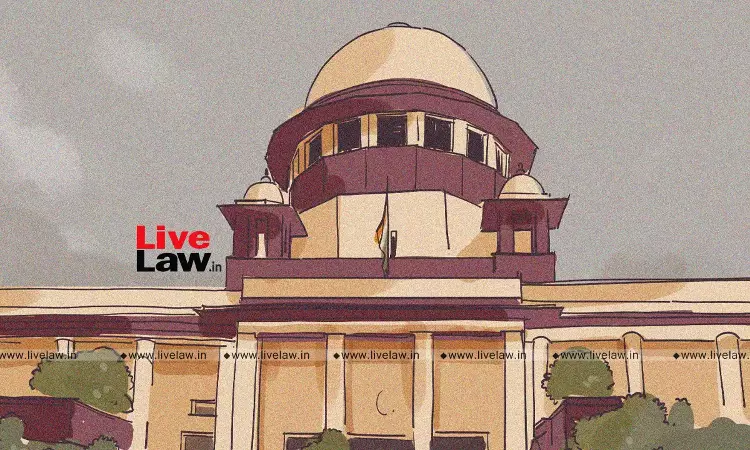'Virtually Rendered Bail Order Ineffective ': Supreme Court Relieves Accused From Furnishing Local Surety
Gursimran Kaur Bakshi
22 Aug 2024 7:20 PM IST

Next Story
22 Aug 2024 7:20 PM IST
Today, the Supreme Court while holding that the accused need not furnish multiple sureties against multiple bail orders, emphasised that courts can do away with the condition of local surety if its insistence delays the release of the accused from jail and renders the bail order ineffective.A bench of Justices B.R. Gavai and K.V. Vishwanathan was hearing a writ petition filed by one Girish...
